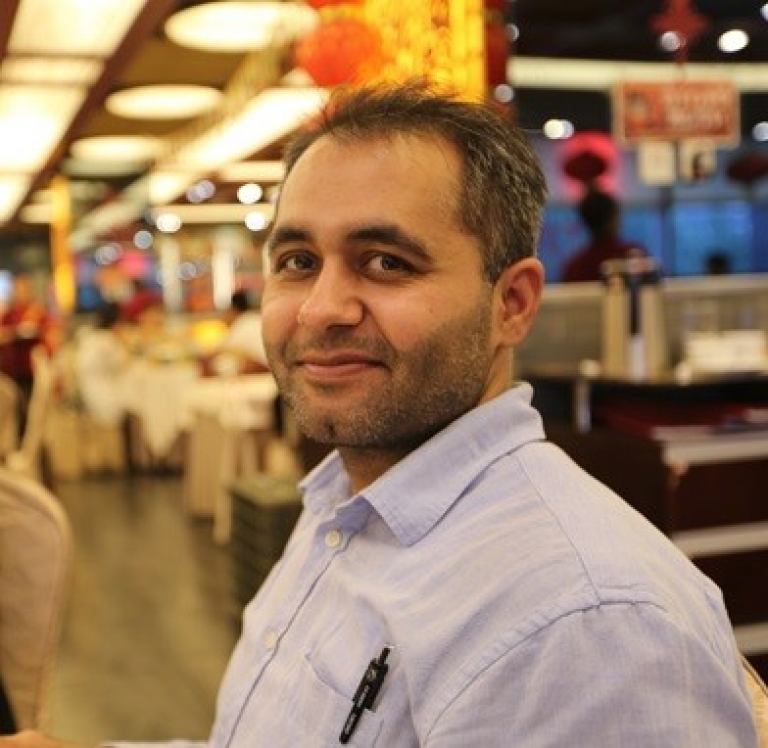Five questions with Servin Rathi
1 May 2020
Servin Rathi is one of the latest Researchers to join EEE. Today, we find out more about his work and passions outside of the research lab.

Tell us a about your background
I graduated from University of Delhi, India. My graduate research work focused on engineering and optimization of HEMTs (High Electron Mobility Transistors) for high frequency applications. For the last five years, I have been working on the electrical characterization and transport properties of 2D Materials (graphene, hBN, MoS2, etc.) and their van der Waals heterostructures devices.
What’s the coolest thing you’re working on right now?
My current research work on quantum engineering of electron transport at the coldest temperature (~0.015 K) forms a subset of the coming tech marvel, Quantum Computers, is what makes me excited and is a ‘coolest’ motivating fact about my project work.
In fact, the challenges of a continuous miniaturization of electronic devices and the demand of more computing power for drug research, climate models, encryption etc., have placed a huge computing demand and an enormous expectation on the future technological advancements. This is in one of the main reasons why the realization of quantum computers appears to be more imminent on the tech horizons than ever.
Who inspires you?
An accidental meeting with Prof. Andre Geim at a conference, his dedication and diligent attitude to his work and his simple recipe of winning the Noble Prize. It goes something like:
a. Be super-efficient in your work
b. Try to bring variations in your experiments (new out-of-the-box thinking type), and last but not least,
c. To have a lot of luck on your side!
It still inspires me!
What are you passionate about outside of work?
Besides tech and electronics, I am interested in the fast-evolving field of cognitive science, human psychology, and the study of comparative mythology, where the critical role of refined multistage beliefs in ‘larger than life stories’ of divine and human justice have strangely succeeded in seeding the continuous growth and evolution of human societies around the globe.
What’s the last good book you read?
The supercool series of Yuval Noah Harari (Sapiens: A Brief History of Humankind, Homo Deus: A Brief History of tomorrow, and 21 Lessons for the 21st Century) are still the last memorable reads that I can recall.
 Close
Close

